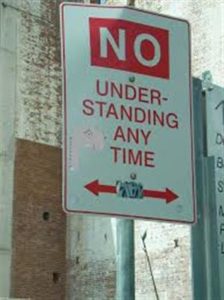
Georgia law holds that even after reading the implied consent notice properly if a police officer gives additional, deceptively misleading information that impairs a defendant’s ability to make a decision about whether to take a DUI breath or blood test, the defendant’s test results or evidence of his refusal to submit to testing must be suppressed. Page v. State, 296 Ga. App. 431, 433 (1) (a) (674 SE2d 654) (2009). A police officer is allowed to use “fair and reasonable” methods of persuasion to get a DUI arrestee to rescind the refusal of the test. Howell v. State, 266 Ga. App. 480, 485 (597 SE2d 546) (2004). See State v. Highsmith, 190 Ga. App. 838, 839 (380 SE2d 272) (1989) (a suspect may revoke his implied consent, although “the court must evaluate the officer’s actions to determine if the officer acted reasonably in the situation and whether the procedure was applied fairly.”). If it is determined that the officer acted in a manner to coerce consent, then the evidence obtained must be suppressed. See State v. Rowell, 299 Ga. App 238, 239-240 (682 SE2d 343) (2009) (affirming trial court’s finding that an officer’s actions were not fair or reasonable when the defendant testified that she felt coerced when the officer told her if she blew under the legal limit, he’d let her go home to her son.)
The Court of Appeals found that this was not deceptively misleading because getting a warrant would take longer so what he said was true. (Query: The Police Officer is not competent to testify that it would take longer to get a warrant and his statements that affect are rank hearsay and not admissible. Further, there is no evidence that a blood warrant would take longer or that the Officer had any experience to base such a statement. It is quite possible that a Judge was on duty at the jail to take a warrant or by video conference and there would have to be a nurse or phlebotomist to take blood forcefully as no hospital will perform a forced blood draw. Maybe the Officer was lying? There is no evidence to the contrary and the State has the burden of persuasion). Compare, Wallace v. State, 325 Ga. App. 142, 144-145 (751 SE2d 887) (2013) (when an officer incorrectly informs a defendant that his refusal to submit a breath test could not be used against him, a motion to suppress should be granted). Finally, the Court of Appeals found that there was no evidence on the video that the Officer’s manner was coercive.
-Author: George Creal

